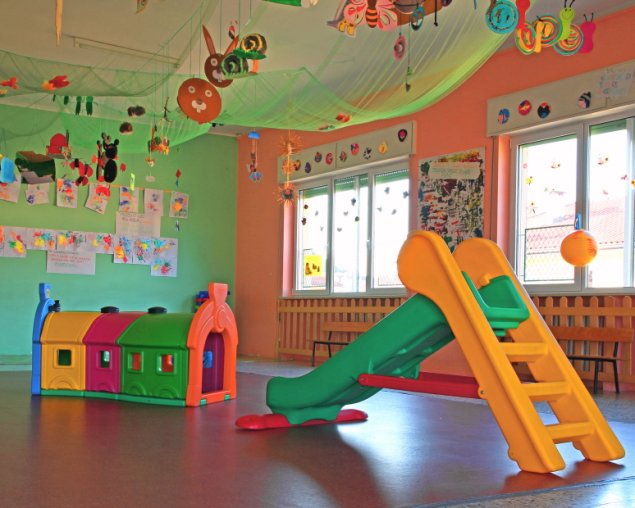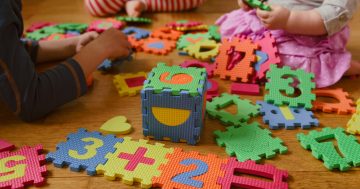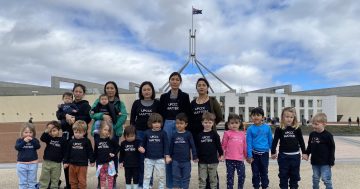
The abolition of the childcare activity test will open up more than 100,000 childcare places for low-income families. Photo: File.
The government has introduced legislation to parliament that would see the abolition of the early education activity test, and the guarantee of subsidised early education three days a week from January 2026.
It says families with combined earnings of between $50,000 and $100,000 a year are expected to be able to save an average of $1460 per year under the three day guarantee, and that more than 100,000 families will be entitled to more hours of subsidised childcare.
As a component of the Child Care Subsidy (CCS), the activity test determines how much subsidised care a family is eligible for by looking at how many hours a parent or carer spends on activities such as work, study, or volunteering.
CEO of parenting organisation, The Parenthood, Georgie Dent said the activity test was designed as an incentive for parents to work.
“Early childhood education is a fundamental building block for children’s cognitive, social and emotional development, but currently in Australia the activity test denies too many children the opportunity to participate,” she said.
“Removing the activity test is the most significant step towards creating truly universal early education and care. It has blocked a whole lot of families, particularly single-parent at least from being able to work at all.
“Why? Because if you don’t have childcare lined up for your children, you cannot accept a shift,” she added. “But if you don’t have a shift or a job, you absolutely cannot afford to pay for early childhood education and care.
“The families that are disproportionately impacted by the activity test are lower income families, families with disadvantage, First Nations families. These are the children who would benefit the most from being able to participate in early childhood education and care.”
If re-elected at the next federal election, the government said it would also establish a $1 billion Building Early Education Fund, which it said was a major step in creating a universal childcare system in Australia.
It says, under the fund, more childcare centres will be built and expanded in areas of need, including in the outer suburbs and regional Australia. It says it will deliver grants to providers, will explore options for the Commonwealth to invest in owning and leasing out services, will look to co-childcare services on school sites, and will support the growth of not-for-profit providers.
Minister for Education Jason Clare said the government had made childcare cheaper for more than a million families.
“We are delivering a 15 per cent pay rise to build the early education workforce,” he said. “The three day guarantee is the next step.
“It means more children will be able to access early education and care and more likely to start school ready to learn. This is a key part of our plans to build a universal early education system and make sure that every child gets a great start in life.”
Minister for Early Childhood Education Dr Anne Aly said the activity test currently locked out children who could most benefit from early childhood education and care.
“The three day guarantee is about making sure that every child, no matter their background and no matter where they live, has access to the transformative benefits of early childhood education and care,” she said.
“We’re laying the foundation for a truly universal early childhood education system through improving affordability, boosting supply, increasing accessibility and securing the vital workforce families rely on.”
Ms Dent said she hoped the legislation would get through, as she says it would be “a monumental win for children, parents and the economy”.
“A vote against this would be a vote to deny up to 126,000 Australian children from low-income families a fair start to their education,” she said.
“It complements the government’s commitment to spend $1 billion building or expanding 260 early learning centres in communities where there’s a shortage, and the recent boost to educators’ wages which is keeping more educators in the sector.”










